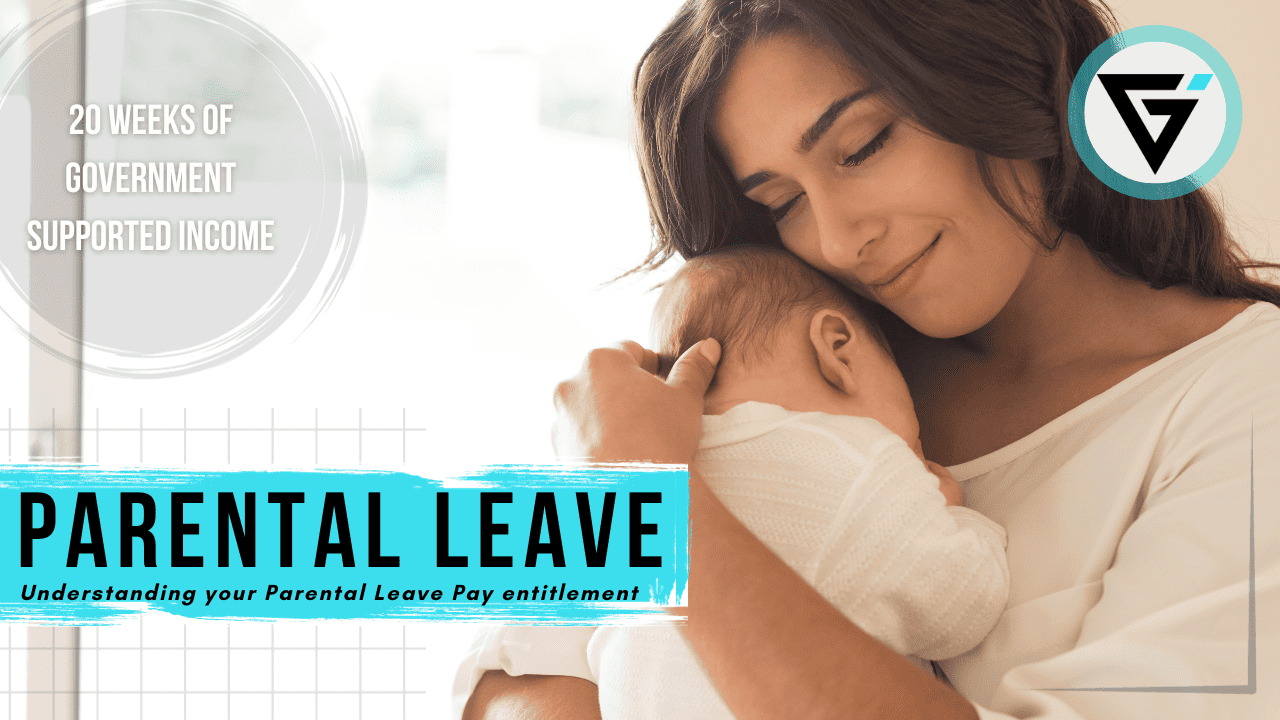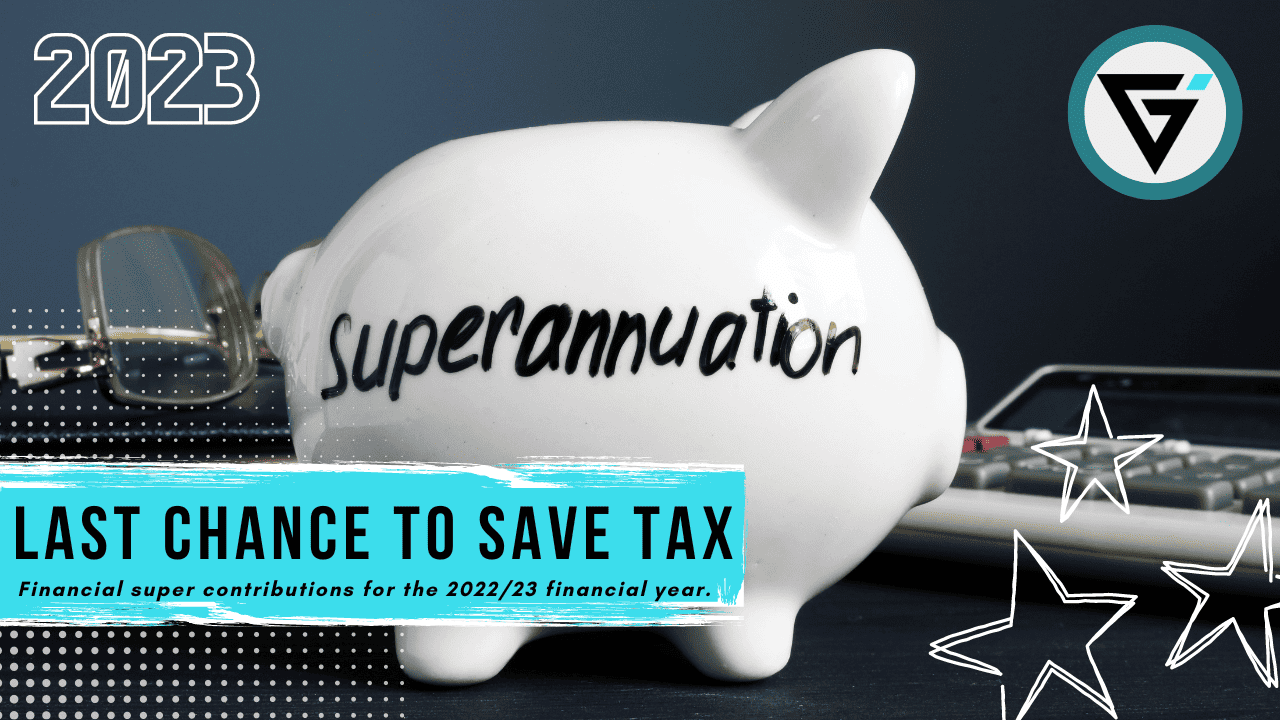Saying that money buys happiness, sounds a bit….avaricious. But according to the research, money does in deed help us to be more happy. So let’s take a look at the data to determine, once and for all, does money buy happiness?
Study 1: Happiness improves with income up to $75,000
The first study published by 2010 by Daniel Kahneman and Angus Deaton entitled “High income improves evaluation of life but not emotional well-being” concluded that emotional well-being rises with income, but there is no further progress beyond an annual income of∼$75,000.
This conclusions seems quite feasible – life is going to be pretty miserable if you can’t meet basic expenses plus have a little left over fun, but too much a good thing has diminishing returns. I mean that first piece of cake is absolutely delish, but if you eat the whole damn cake thing then you’re going to feel like crap.
So Kahneman and Deaton concluded that around $75,000 of income (that’s in US dollars and back in 2010) was the average level where up to that point, earning extra money increased happiness, but beyond that point you started to get diminishing returns.
Study 2: Happiness continues to improve the more you earn
Then in 2020, Matthew Killingsworth bought out a contradictory study entitled “Experienced well-being rises with income, even above$75,000 per year”. Killingsworth concluded that there was also no evidence of an income threshold at which experienced and evaluative well-being diverged, suggesting that higher incomes are associated with both feeling better day-to-day and being more satisfied with life overall.
So now that battle is on – who is right? Both studies were well research and conclusions were backed by solid evidence.
To settle the debate, a new article has been published in late 2022 entitled “Income and emotional well-being: A conflict resolved.”. This article believes it has the answer to the question – does money buy happiness?
Study 3: The debate resolved
When developing this new study, Kahneman and Killingsworth got together to work out who is right, once and for all, with Barbara Mellers to act as arbiter, which is basically a fancy way of saying she refereed the debate.
The latest findings from this study were interesting and it turns out, they were both right but they were measuring different things. Sounds confusing, but let me explain.
It was determined that the original study by Kahneman and Deaton would have reached the correct conclusion if they had described their results in terms of unhappiness rather than happiness.
Or in other words, if you are an unhappy person to begin with, then earning more money is only going to make you happier up to a certain point. Past that point, you will get diminishing returns.
As the study suggests, this income threshold may represent the point beyond which the miseries that remain are not alleviated by high income. Things like heartbreak, bereavement, and clinical depression may be examples of such miseries.
But if you are already a happy person, then it turns out, earning more money continues to make you happier.
Now it is important to note that the study reveals the relationship is weak, even though it is statistically robust. So for instance, the effect of an approximately four-fold difference in income is about equal to the effect of being a caregiver, twice as large as the effect of being married, about equal to the effect of a weekend, and less than a third as large as the effect of a headache.
So does money buy happiness?
So what’s my take on all this? Well obviously, I place a lot of emphasis on building wealth and have devoted my whole career to educating people on how to do this and, after working with both sets of people, rich and poor, I can tell you for a fact that I would much prefer sitting in the rich camp.
Being poor comes with a lot of stresses and anxieties. The fear of not knowing how you are going to meet your bills will lead to sleepless nights, particularly if you have financial dependents like young children. At the very minimum, having money eliminates these stresses.
Furthermore, money gives you opportunities in life and that is where the real power lies. I am not talking about the opportunity to buy designer clothes or a fancy car, that is all surface level stuff that might bring some short-term enjoyment but won’t bring true happiness.
I am talking about using money to achieve what matters most to you in life. If you want to spend more time with family, having money will let you work less so you can do that. If you want to prioritise your health, having money will let you buy the best ingredients, get gym memberships and prioritise your well-being.
Money also gives you the opportunity to have more life experiences like travel and it’s been shown in a study called “Spending on doing promotes more moment-to-moment happiness than spending on having” which concludes that experiences are more meaningful than possessions.
So in summary, I believe money is an enabler and a magnifier. It enables you to have more opportunities but you need to be the type of person with the drive and ambition to take those opportunities. If you have lots of money but no purpose and no drive, then it’s not going to do a whole lot for you except remove some of the stresses and anxieties that comes with low levels of income.
If you would like personalised advice as to how you can improve your financial well-being, feel free to check out our Tailored Advice solution.










